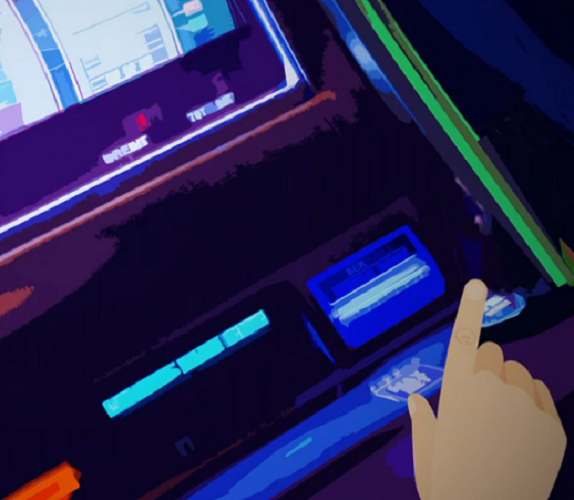
The Rise of B3 Slot Machines
They’re a staple of modern bingo halls and casinos with their flashing lights and colourful graphics, but the number of slot machines – in particular, high-stake B3 slot machines – in the UK has surged in recent years.
They net bingo companies a whopping £304 million a year, and since the UK laws surrounding them were relaxed about five years ago, they’re making increasingly more money.
The number of B3 slot machines a company could own used to be restricted to eight per licence, but since the law was changed in 2011 to allow an unlimited number (provided they do not exceed 20% of the total number of slot machines on the premises), the overall total has boomed considerably – in 2011, there were 6226 B3 slot machines in the UK. Now there are over 10,000. This is at odds with the Gambling Association’s original 2011 prediction that the total number of B3 slot machines nationwide would only grow by roughly 700 units.
So why did this happen?
The bingo industry claims that the surge in numbers is powered by just one thing – customer demand. Miles Baron, chief executive of the Bingo Association, acknowledged that bingo halls had taken advantage of the relaxed law to up their number of on-site B3 slot machines, but “at the end of the day if customers didn’t want to use them, if there wasn’t demand for them, then we wouldn’t provide them and they wouldn’t be there.”
B3 slot machines are a more recent variety of slot machines, and they’re higher stake – they can cost up to £2 a spin, but the machines only accept bank notes. They’re becoming increasingly popular in bingo halls across the UK, and the new laws mean that if a bingo hall has plenty of other kinds of slots, they can have plenty of these ones, too.
The BBC’s Victoria Derbyshire programme examined the effect of this surge in B3 slot machines, and spoke to an anonymous player in her 70s, who admitted to losing up to £70,000 in bingo halls on slot machines and a further £150,000 on online bingo slots, taking money from her husband without his knowledge to fund her habit.
They also received comments from a former general manager of a bingo hall, who lambasted slot machines as “legalised mugging”, and that he had watched one customer lose £12,000 on slot machines in just one day.
What’s the risk?
However, despite these comments, the Bingo Association is determined to let players know that there is nothing to be concerned about. As Miles Baron said, “It is not a massive cause of concern, because levels of problem gambling in bingo have remained stable.” The Bingo Association also pointed out that the bingo industry has taken greater responsibility for players’ welfare in the last few years, with bingo staff undergoing training to recognise dangerous addictive behaviours in players, and with the introduction of a self-exclusion scheme. But anti-gambling campaigners also want bingo halls to ban the placement of free cash machines next to slot machines, and to put warnings on slot machines to make sure players stay informed.
The government has launched a review of the laws around gaming machines (including B3 slot machines in bingo halls), with full recommendations expected next year. The Department for Culture, Media and Sport released a statement: “It is important that gambling regulations strike the right balance between allowing the industry to contribute to the economy and enable people to bet responsibly, whilst ensuring consumers and communities are protected.”
While WDW Bingo is geared towards online bingo and slots players, we urge our readers to play responsibly. For more information, visit our responsible gambling page.
The information and image in this article comes from here, and BBC Victoria Derbyshire, broadcast 8 November 2016.